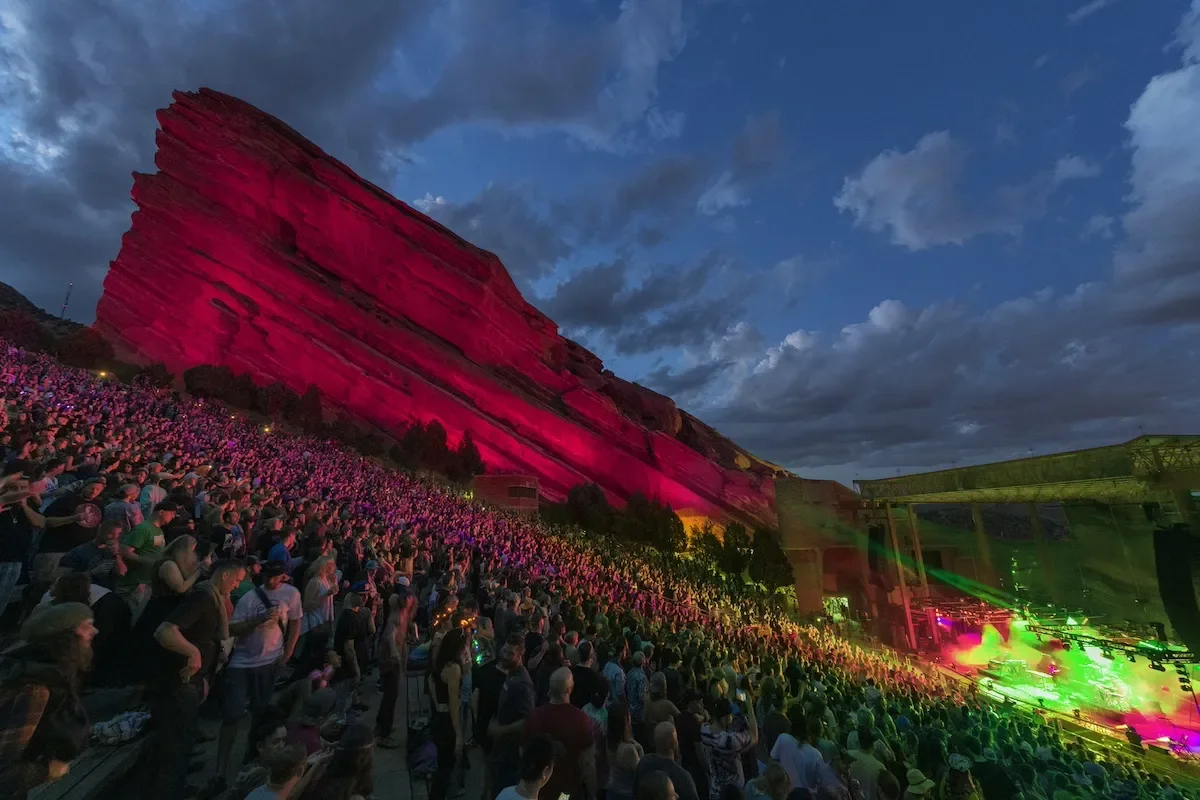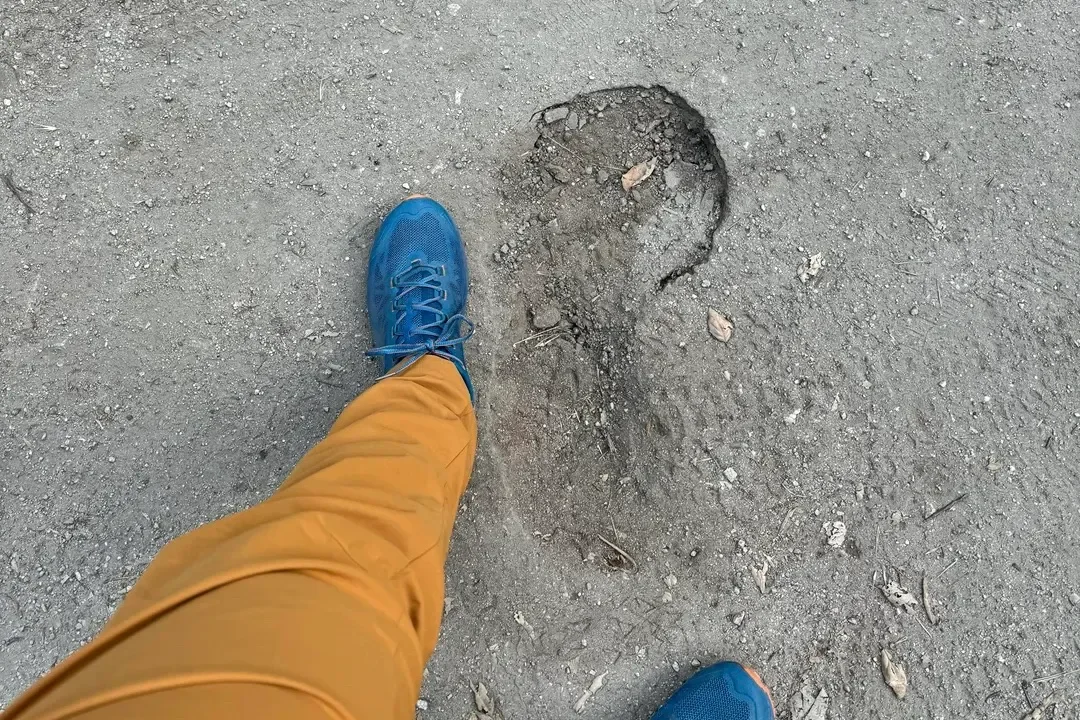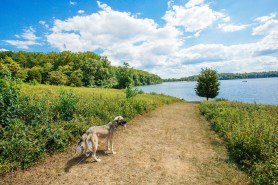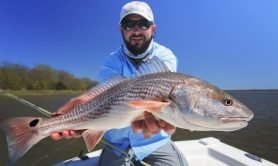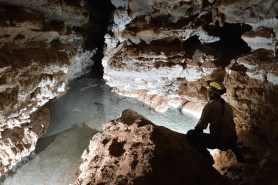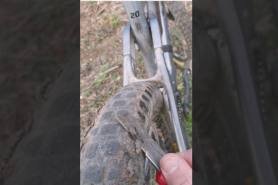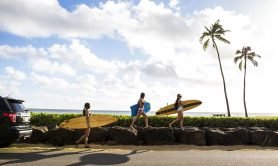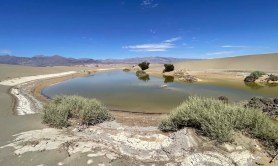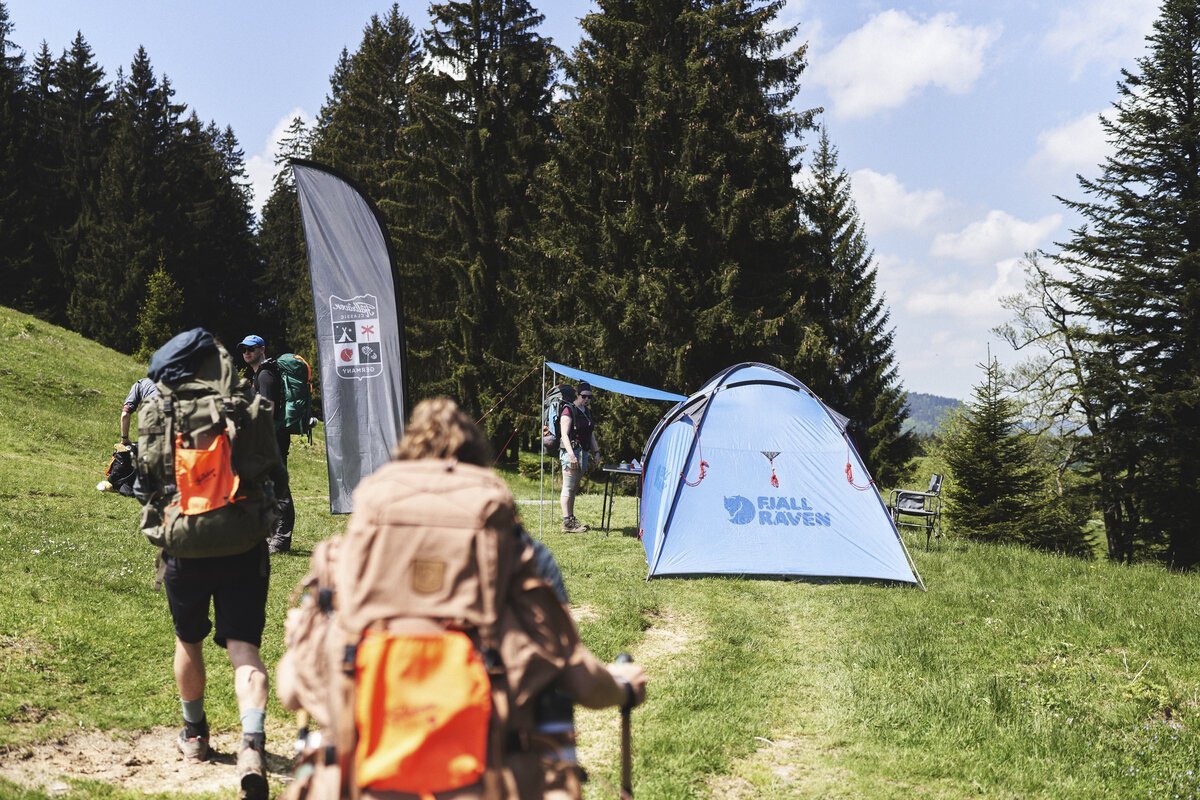

When a friend in Munich told me to bring cash for our backpacking trip in Bavaria, I was immediately intrigued. I’m used to hiking in the backcountry of the United States, where there’s little between trailheads aside from scenery, wildlife, and other hikers. In the Allgäu Prealps of Germany, though, hiking looks—and tastes—a little different.
Our three-day trek that started and ended in Immenstadt covered roughly 40 miles of idyllic, rugged terrain and passed at least seven trailside mountain huts serving up fresh food and cold drinks. Lunching in huts felt like a luxury, as we dined on hot soup, award-winning fresh cheese, and whatever cake had been freshly made that morning. On our first day, it poured on and off as we slogged uphill over steep terrain through a forest shrouded in mist. When we made it to the first hut, the Kemptener Naturfreundhaus, we hung our wet layers by a roaring wood stove and treated ourselves to hot tea, bowls of cheese dumpling soup, and a plate of currywurst and french fries.
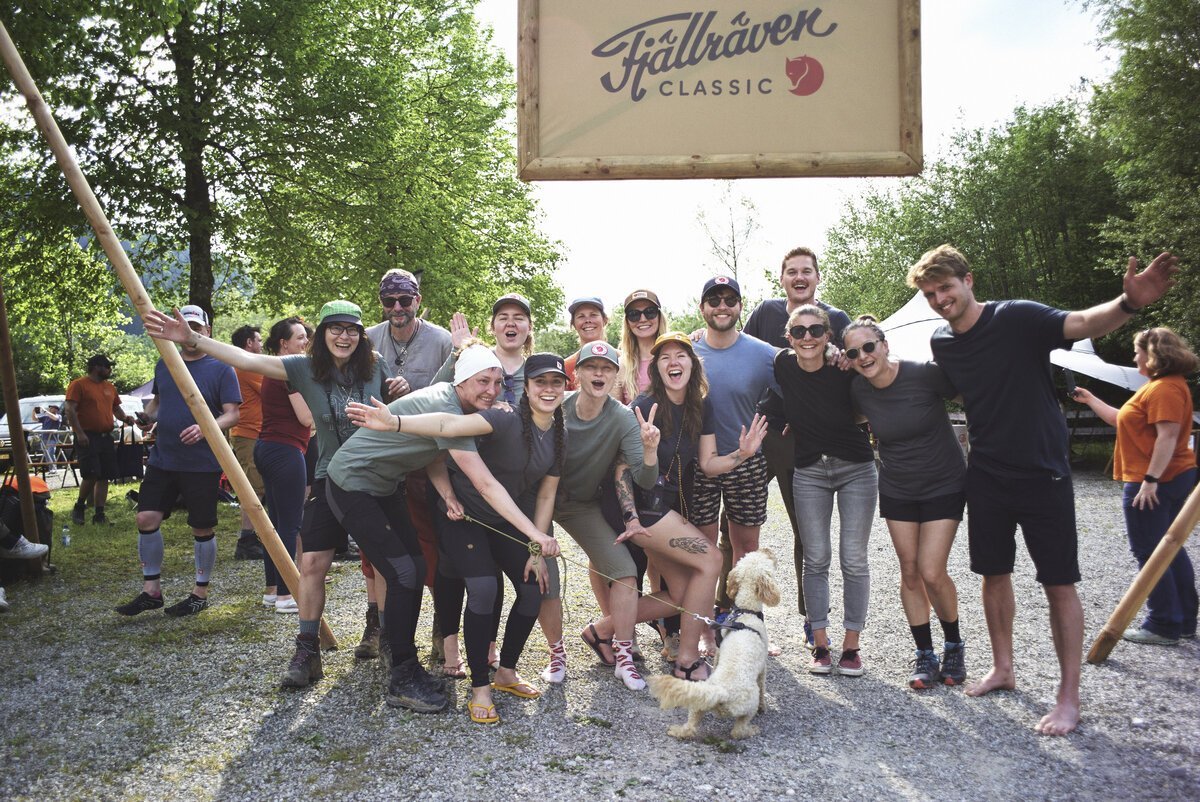
We were there for Fjällräven’s German Classic, an annual social backpacking trip. This year, about 250 hikers participated, including me and two friends I met while hiking the Swedish version of the Fjällräven Classic last summer, where we hiked about 68 miles above the Arctic Circle in five days. While Sweden has freedom to roam, allowing hikers to set up camp pretty much anywhere (as long as they respect the land and don’t pitch a tent directly in front of someone’s house), Germany doesn’t. Hut hiking is far more the norm there, and we typically slept in bunk rooms in the huts where we ate lunch. Fjällräven works with local authorities in Bavaria to get special permission to set up campsites for the annual Classic, so people can experience something a bit closer to wilderness backpacking.
The experience may have spoiled me. I love a good, challenging hike that leaves my muscles sore for days, and I’m even happy to trek in lousy weather. (I’m that annoying hiker who will insist “there’s no bad weather, only bad gear.”) While I won’t take stupid risks in dangerous conditions, I really do believe that hiking is an all-weather sport, not just for sunny days.
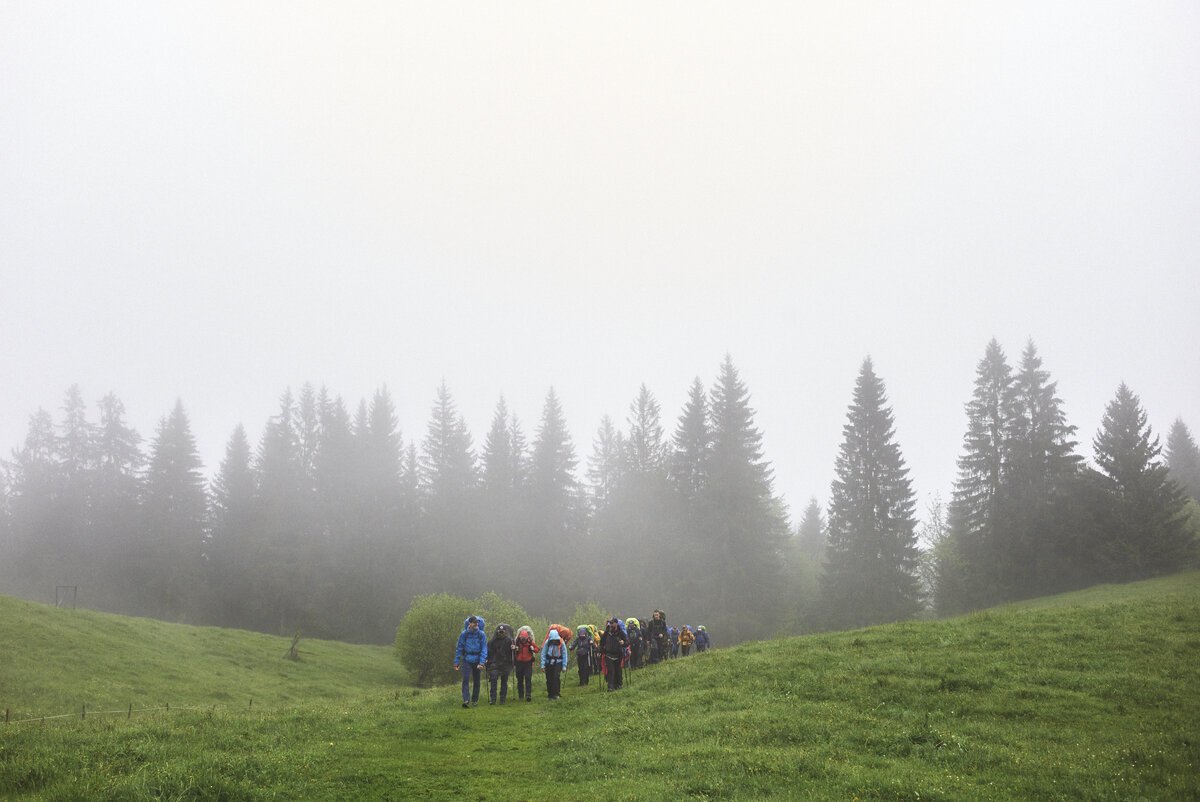
However, the more hiking I do in Europe, the more I appreciate what feels like a hybrid approach to the outdoors, which pairs big challenges with a little bit of comfort. At the top of a mountain pass at the end of a long, steep day of hiking, getting a fresh plate of food you didn’t have to lug with you for 15 miles feels like an extreme luxury, no matter how simple that meal may be.
The Classic itself also feels like a luxury hiking experience, even though all the participants carry their own gear. All your backpacking meals are included with a Classic hiking pass (the freeze-dried sort, not the hut meals, to be clear). Thanks to easy road access, they were available at camp each morning and evening, along with toilets and ample fresh water. So instead of carrying three days’ worth of meals, we only had to carry what we needed on the trail that day, making our packs much lighter.
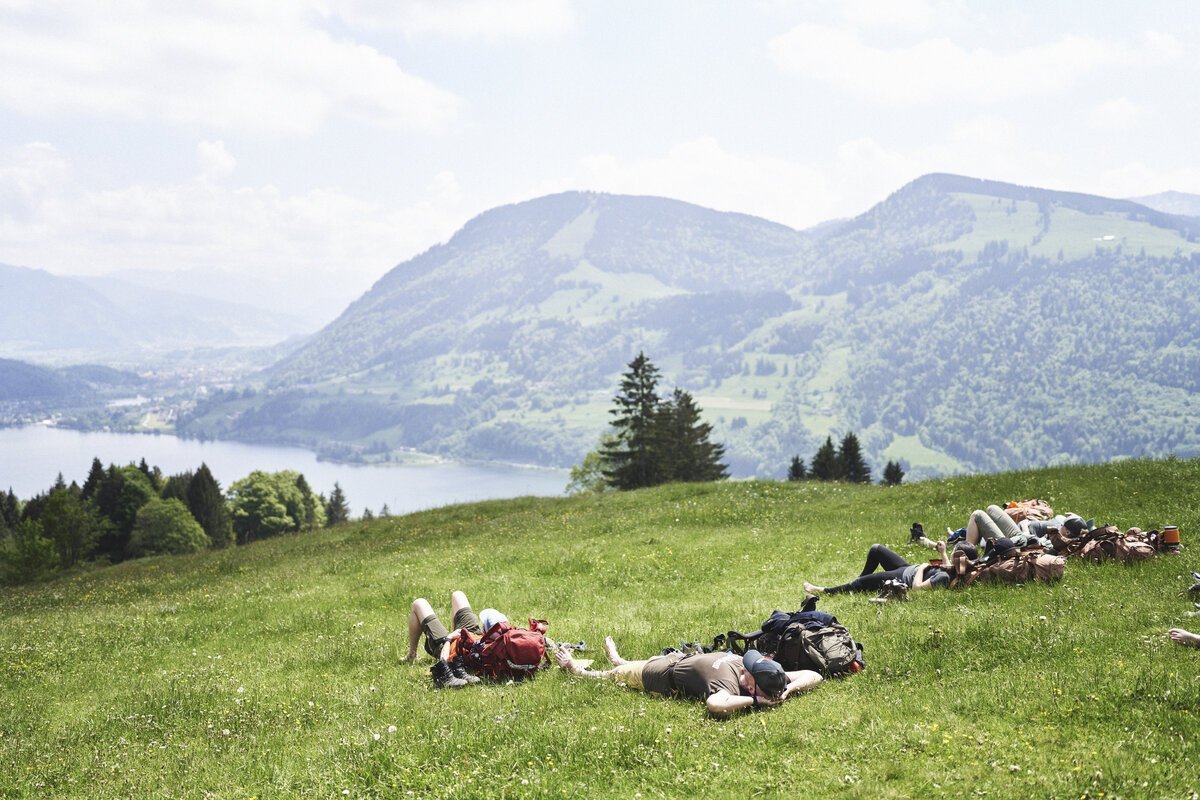
Each day, we visited two checkpoints on the trail before making it to camp, where our trail passports were stamped to record that we’d arrived safely and weren’t wandering around lost or in need of help. Sometimes, the checkpoints offered trail magic in the form of surprise treats. On the first evening, a team from Primus made kaiserschmarrn, a super-fluffy Austrian pancake served with powdered sugar and applesauce. On the last morning, we found hot tea and coffee waiting for us at one of the checkpoints.
Don’t think this is a walk in the park, though, in spite of the comforts you can find along the trail. The Prealps are steep and rugged. Our total elevation gain was well over 6,000 feet in our three days of hiking, which was near-constant up and down. But it was hard to be too focused on sore legs with views like these. All over the area, we found groups of cows ringing their bells as they munched on grass. Each bell has a slightly different ring, so our daily hiking soundtrack was like a farmland orchestra. It was beautiful, and it was worth all the rain, mud, and near-vertical miles. I’d do it again tomorrow.
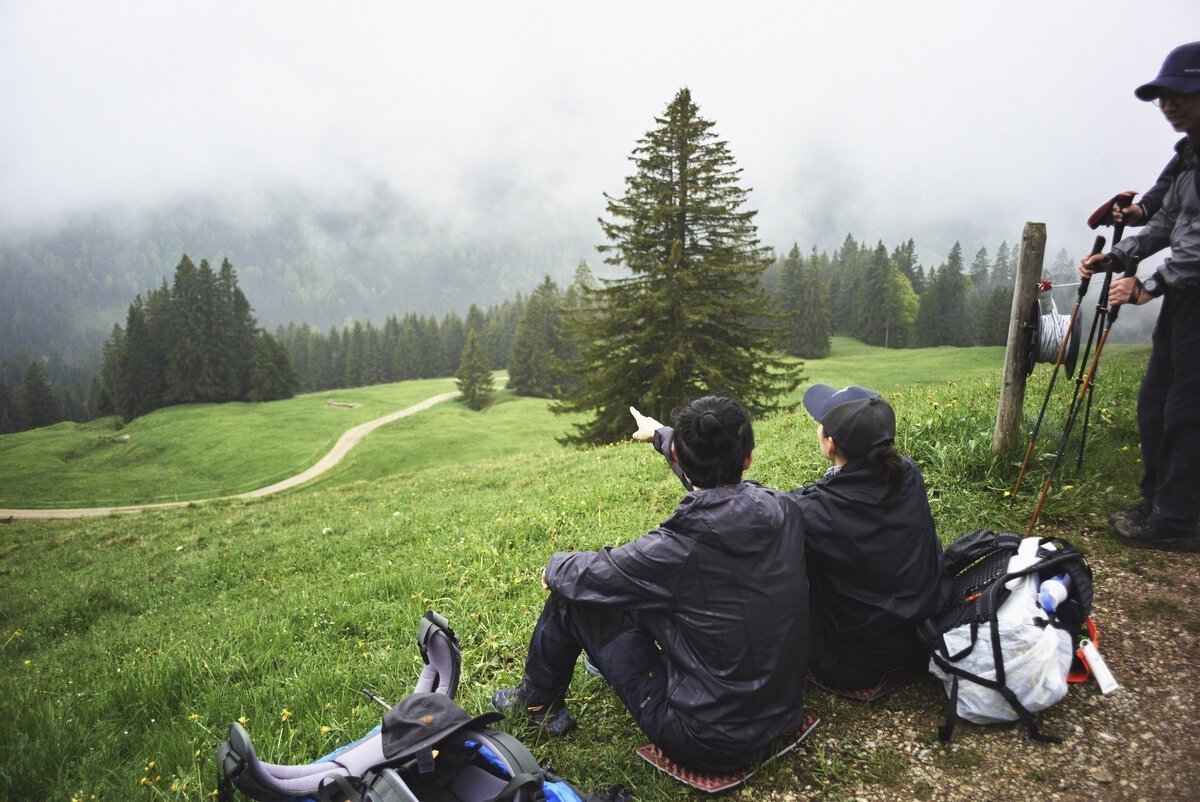
If You Go
The Classic only happens in Germany once per year, with other events in Sweden, Colorado, Denmark, and Korea. Tickets usually sell out quickly, so it’s best to get on the email list for announcements if you’re interested in going next year.
You can also hike it yourself at any time. You can see a map of the route here, or you could plan your own hut-to-hut adventure. I recommend using Google Maps to look for landmarks and scout for nearby huts, which may be a slightly easier way to plan a DIY trek if you don’t speak German. Be sure not to skip a stop at the Pfarralpe Missen, which has awards in the form of engraved cow bells hanging inside to celebrate its fresh cheese. Pfarralpe is a moderate day hike from the town of Immenstadt, which is accessible by train.
Would you give this trek a try for the views (or the cheese)?
